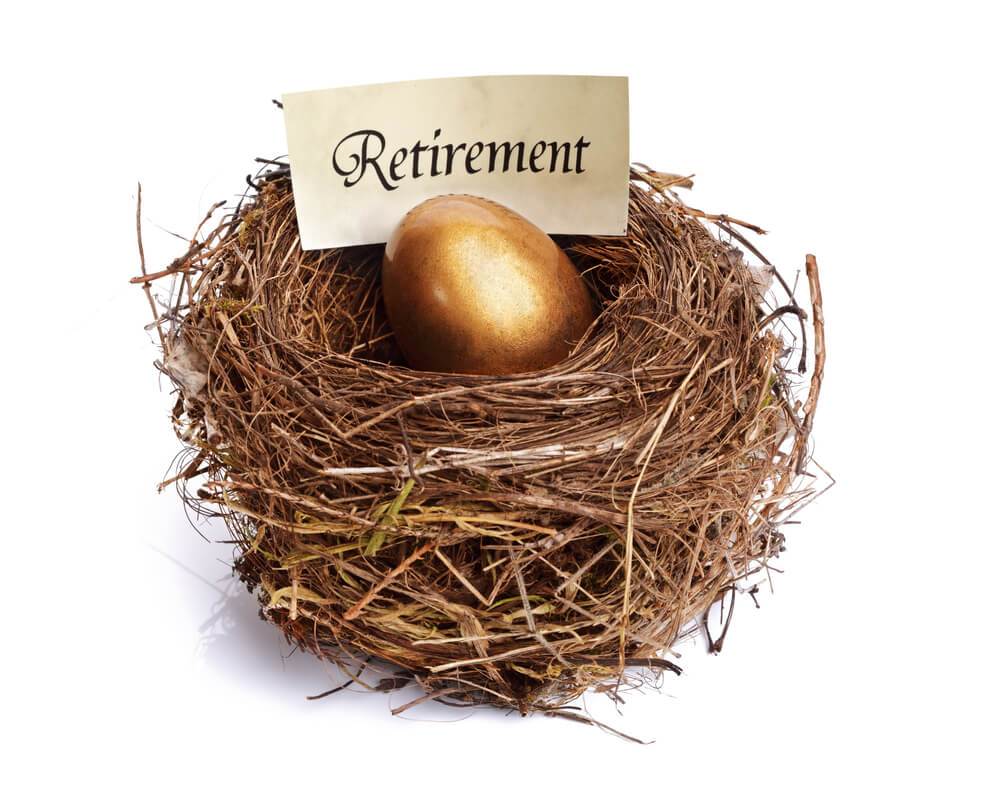 The super guarantee (SG) means that if you are in full-time employment your employer pays a minimum amount (currently 9.5%) into your super account. You can view your super and investment portfolio via an online platform provided by your superannuation fund. While knowing your super balance is important, understanding your superannuation risk profile – and acting on this knowledge – could make a difference to the amount you have when you want to retire.
The super guarantee (SG) means that if you are in full-time employment your employer pays a minimum amount (currently 9.5%) into your super account. You can view your super and investment portfolio via an online platform provided by your superannuation fund. While knowing your super balance is important, understanding your superannuation risk profile – and acting on this knowledge – could make a difference to the amount you have when you want to retire.
Lara Bourguignon, General Manager of Customer Experience at MLC, warned against the “set and forget” mentality of some people to super:
“Being in the right super risk profile is one of the key factors that will determine how much you have when you retire, but it’s often overlooked.”
Until last year, if you did not select what type of investment strategy you preferred (ie, high-risk/ high-return, or lower risk/stable return) your money would automatically go into a default fund. From July 2017, however, super funds were obligated to transfer monies from default funds into a MySuper account. Thus, no distinction is made whether you are an aggressive investor, or, at the other end of the scale, a passive one, as you are placed automatically in a low-cost fund with a diversified investment strategy; it is, therefore, a good idea to select your own super risk profile.
Understanding your super risk profile
The amount of financial risk you can take is linked to your life circumstances. Accordingly, you can decide to take conservative, moderate, or aggressive risk in terms of investment and each will lead to different returns. Generally, the younger you are, the greater financial risk you can take in terms of investing because you have longer to make up any shortfall. Looking at your super risk profile will show where you sit on the investment risk-taking spectrum.
“If there’s one thing every Australian can do right now to improve their retirement it’s to get in touch with their super fund and check what risk profile they are in, and, if it’s not right for them, adjust it,”
The latest survey has highlighted a general lack of awareness among respondents that could be contributing to a shortfall in super. Young women are particularly at risk, with 45 percent being unaware of their super risk profile.
The following example was given by MLC:
A woman aged 25 on $80,000 a year who has a conservative risk profile until she is 70 could improve her super balance by around as much as $294,000 if she knew and adjusted her profile according to her circumstances and life stage.
How to fix your super risk profile
We may be able to help you with advice on how to adjust your risk category to get the most you can out of super. Please contact us to discuss your circumstances and find out how we can assist further.


